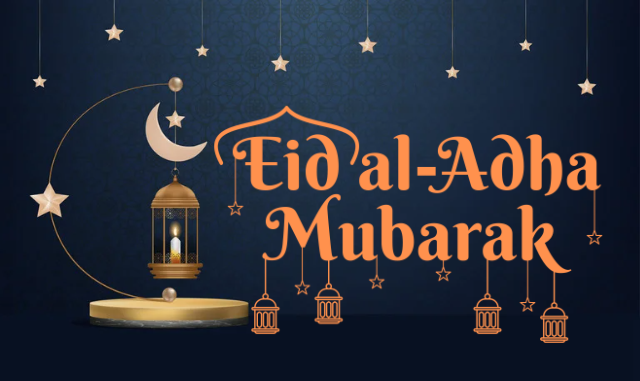Eid al-Adha: Know Its Significance
New Delhi: Eid al-Adha or Bakra Eid, also known as the Festival of Sacrifice, is one of the most important Islamic festivals celebrated by Muslims worldwide as this joyous occasion commemorates the profound act of sacrifice by Prophet Ibrahim (Abraham) and his willingness to offer his son as an act of obedience to Allah (God). The traditions associated with Eid al-Adha hold deep meaning and significance, emphasising the values of faith, selflessness and gratitude.
The origins of Eid al-Adha can be traced back to the story of Prophet Ibrahim, who received a divine command to sacrifice his son as a test of his devotion to Allah. As Ibrahim prepared to carry out the sacrifice, Allah intervened and replaced his son with a ram, signifying that his willingness to submit to Allah’s command was sufficient.
This act of sacrifice exemplifies unwavering faith, trust and obedience to God. On Eid al-Adha, the act of sacrifice holds profound meaning and significance for Muslims. It symbolises and commemorates the ultimate act of devotion and obedience to Allah (God) demonstrated by the Prophet Ibrahim (Abraham).
Obedience to Allah: The story of Prophet Ibrahim’s willingness to sacrifice his beloved son as commanded by Allah exemplifies the importance of complete submission and obedience to God’s will. The act of sacrifice on Eid al-Adha serves as a reminder for Muslims to prioritise their faith and trust in Allah above all else.
Lessons of Sacrifice: Eid al-Adha serves as a reminder of the profound lessons learned from Prophet Ibrahim’s sacrifice. It encourages Muslims to embody the values of sacrifice in their daily lives, sacrificing their own desires, ego and material possessions for the sake of pleasing Allah and benefiting others.
Trust and Faith: Prophet Ibrahim’s unwavering trust in Allah’s plan and his willingness to offer his son as a sacrifice, display the depth of his faith. Eid al-Adha emphasises the significance of placing absolute trust in Allah’s wisdom, even in situations that may seem challenging or incomprehensible.
Gratitude and Remembrance: The act of sacrifice on Eid al-Adha is a gesture of gratitude to Allah for His countless blessings and provisions. Muslims express their gratitude by sacrificing an animal and sharing the meat with family, friends and the less fortunate. This practice reminds them to appreciate the provisions they have received and to be mindful of the needs of others.
Selflessness and Generosity: The sacrifice on Eid al-Adha reflects the values of selflessness and generosity. Muslims are encouraged to share the meat from the sacrificed animal with those in need, fostering a sense of compassion, empathy and solidarity within the community. This act reminds individuals to prioritise the well-being and welfare of others, especially those who are less fortunate.
Atonement and Spiritual Cleansing: The act of sacrifice is also seen as a means of seeking forgiveness and spiritual purification. By sacrificing an animal, Muslims acknowledge their own shortcomings and sins, seeking Allah’s forgiveness and striving for a renewed sense of purity and righteousness.
Unity and Brotherhood: Eid al-Adha promotes unity and brotherhood among Muslims. The act of sacrifice is performed collectively and the meat is shared with family, friends and the wider community. This practice strengthens bonds, encourages social cohesion and reminds individuals of their shared responsibilities towards one another.
In summary, the meaning and significance of sacrifice on
Eid al-Adha encompass obedience to Allah, trust and faith, gratitude, selflessness, generosity, atonement, unity and the embodiment of important moral values. Through the act of sacrifice, Muslims seek to strengthen their relationship with Allah, demonstrate their devotion and foster a spirit of compassion and empathy towards all members of their community.


Comments are closed.